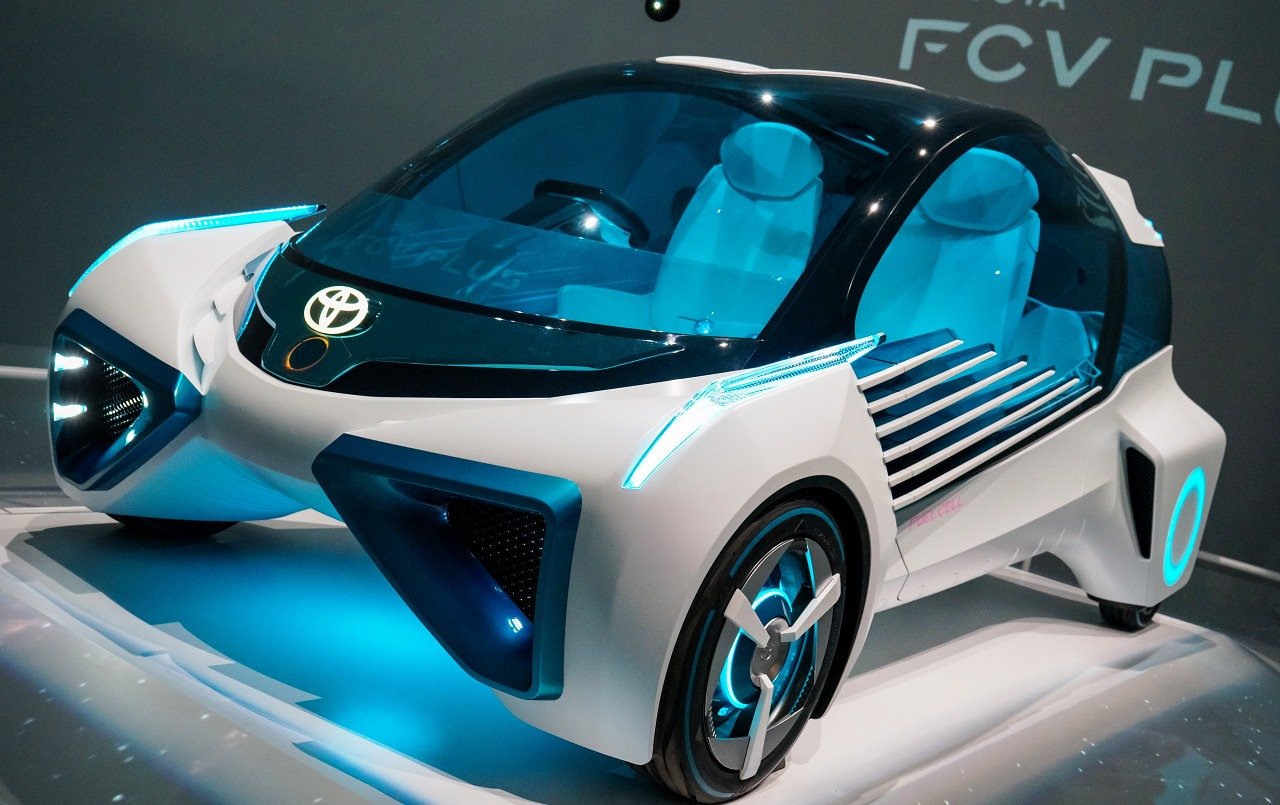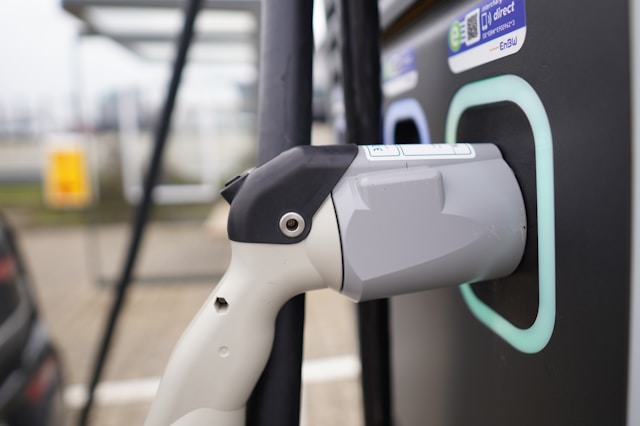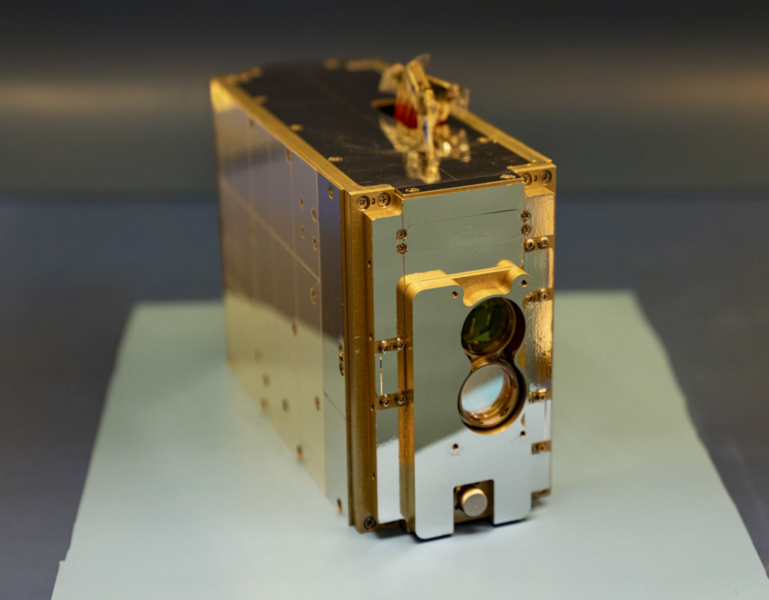Toyota is a pioneer of electric technology in cars, releasing the hybrid-electric Prius sedan back in 1997. That was the first mass-produced hybrid car, but even though Toyota continued working on the technology, they never really believed in the prospect of going fully electric. Inevitably, the Japanese lagged behind others like Tesla, who took the matter of EV battery tech a lot more warmly, and now that the industry is exploding, they’re running to catch up.
The company has now announced an investment of $13.5 billion to be put into developing its own EV battery tech until 2030. Toyota already possesses deep know-how in EV car tech and they are the largest automaker in the world by volume, so if they can crack the battery nut they will be strong candidates to lead the market in the foreseeable future.
Obviously, making your own batteries instead of buying them from suppliers comes with a set of perks and economical advantages. Toyota estimates that it could reduce the associated costs by a whopping 30% if they worked on the materials and the way the cells are structured. And then there are the vehicle-side power consumption improvements that can cut another 30%, especially if there’s a higher level of integration between the batteries and the motors.
But what exactly Toyota is planning to work on remains a mystery for the time. Industry experts believe the Japanese will go directly for solid-state batteries which would give them the crown in the field since no one else has achieved this leap yet.
Solid-state cells are more energy-dense, can charge quicker, and are not as prone to catching fire as their Lithium-Ion counterparts which are used in virtually all EVs right now. Making them isn’t easy though as they are expensive to manufacture, they contract and expand as they heat and cool, and they are easier to crack when subjected to loads. If Toyota’s $13.5 billion R&D can solve all these problems, we will get something revolutionary.







